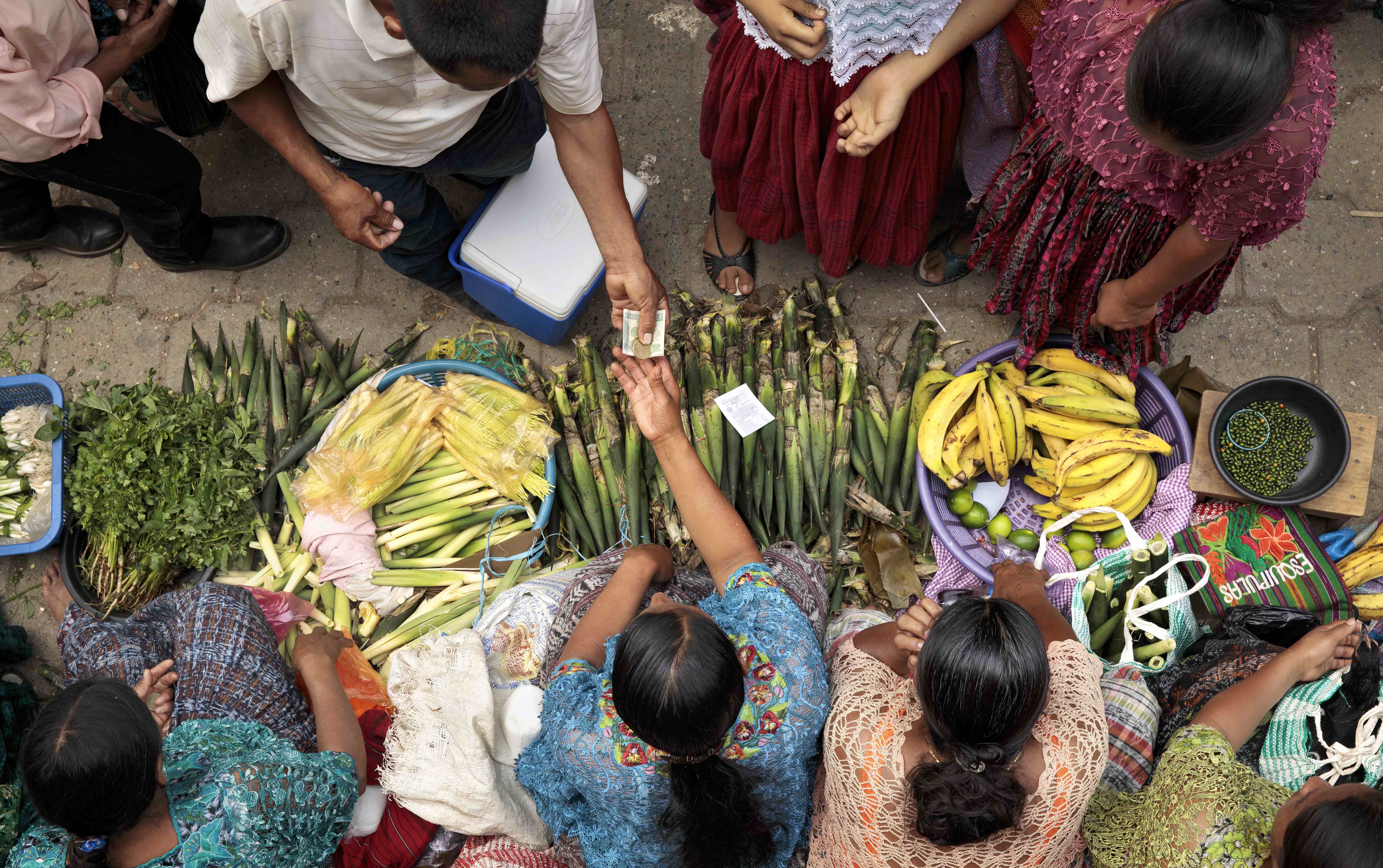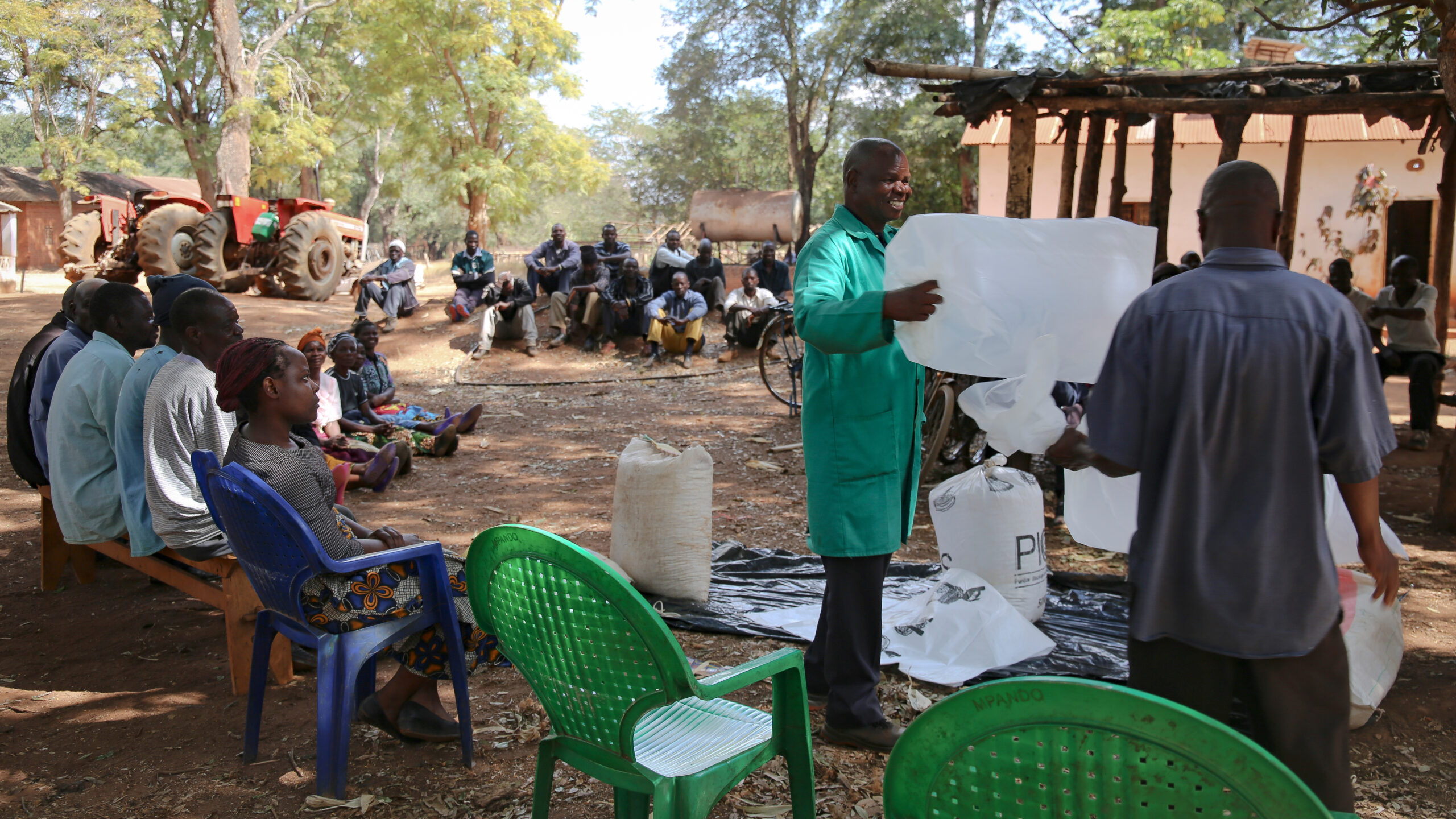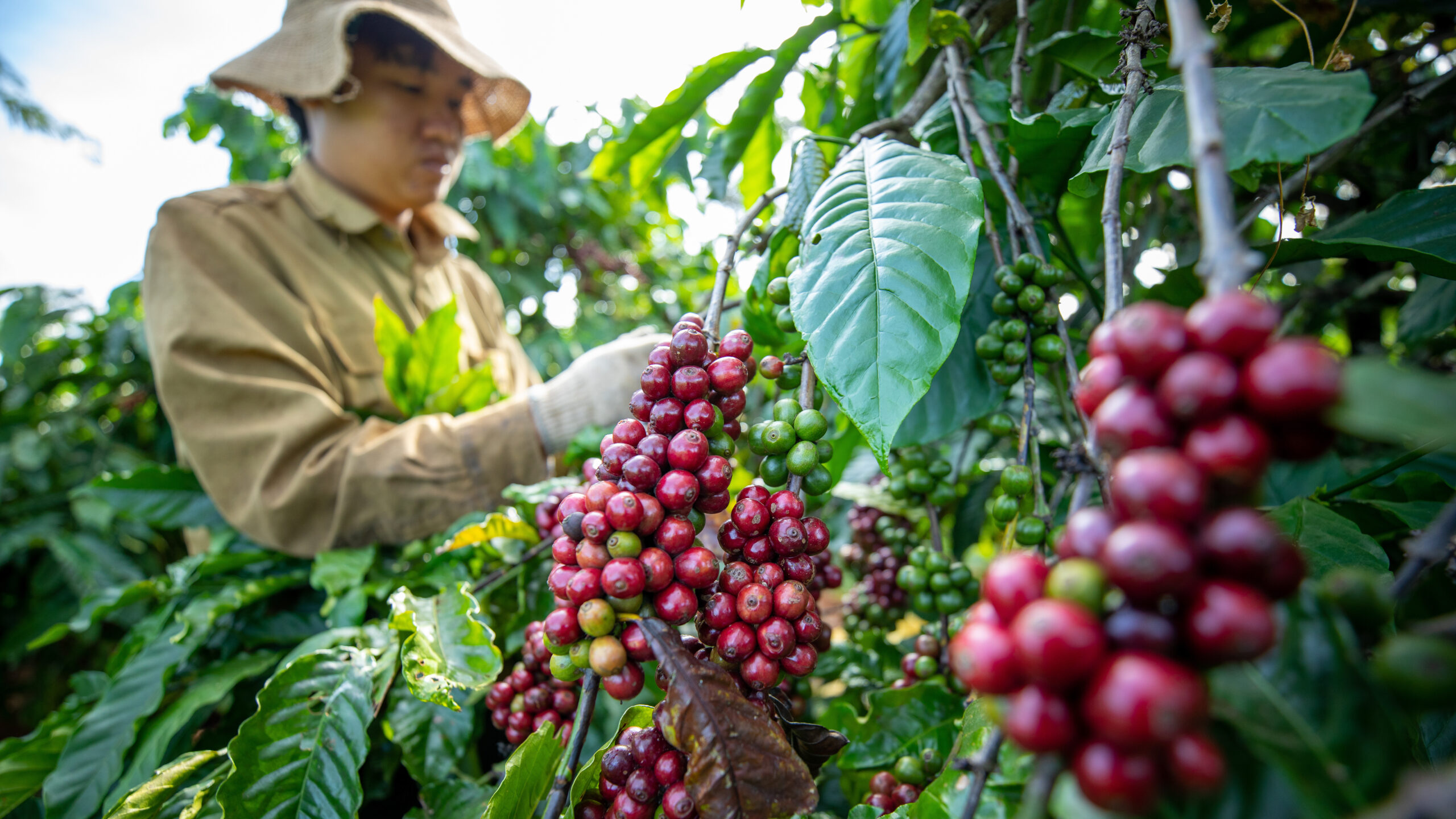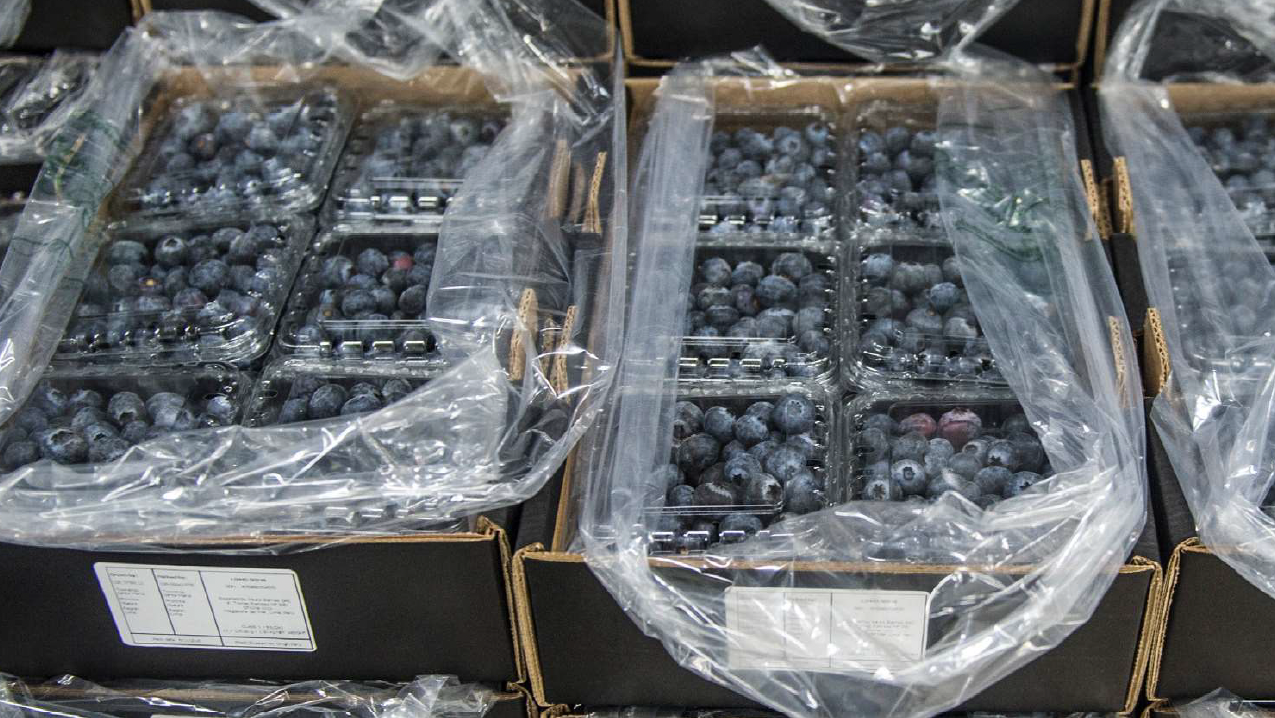Translation option:
Food systems have experienced a multitude of shocks in recent years that threaten food and nutrition security around the world. The Latin America and Caribbean region (LAC), which plays an important role in ensuring the stability of the global food system, has been hit hard by these disruptions. The region has accounted for 30% of deaths during the COVID-19 pandemic, yet makes up only 8% of the global population. Similarly, recent shocks such as the spike in global commodity prices, conflict and political instability, and extreme weather have led to further increases in hunger, poverty, and forced migration in the region. At the same time, LAC provides a large share of global food exports—a critical food supply to other vulnerable regions. A June 21 launch event for the 2023 Global Food Policy Report (GFPR) explored the region’s unique position in an era of food crises.
“In the middle of these crises, we can also find opportunities to generate positive changes. Food systems in Latin America and the Caribbean have demonstrated a notable resilience and this is a moment to think about ways to reenforce this system even more,” said Valeria Piñeiro, Acting Head of IFPRI’s Latin America and Caribbean Program and Senior Research Coordinator.
LAC’s food systems challenges
To contend with current and future shocks, LAC must build greater food system resilience, yet this presents serious challenges, panelists noted. The region’s economy is closely linked to international commodity markets and highly sensitive to changes in global prices. It is also one of the most economically unequal regions in the world, indicating that vulnerability persists even in countries with strong economic performance. Vulnerable groups often have poor diets characterized by consumption of affordable but unhealthy foods that lead to high rates of obesity, diabetes, and other chronic non-communicable diseases. At the same time, severe weather shocks such as the massive storm that hit Honduras in 2021 threaten the livelihoods of low-income farmers. Crime and conflict have also posed a serious threat and have prompted many people to seek safety in other countries.
“Migration represents an important strategy for adaptation and a search for better opportunities. Migration also requires financial resources and social networks and often those left behind are the most vulnerable,” said IFPRI Senior Research Fellow Manuel Hernandez. He stressed the need for greater research into the drivers of forced migration and the need for social programs to integrate migrants into the economies of receiving communities.
Policies to build resilience
Overcoming these challenges requires a fundamental change in food crisis response, participants said, in which actors focus more on anticipating and preventing crisis rather than responding retroactively.
“The attention to the problems with food security and climate change results in joint actions and […] not policies thought-out for the long term. We need to make a prospective analysis of where we want to end up and what results we want to achieve,” said Gloria Abraham Peralta, Consultant for the Inter-American Institute for Cooperation on Agriculture (IICA).
Participants highlighted numerous policy solutions that could build resilience in Latin American food systems. Early-warning early-action systems—such as IFPRI’s Excessive Food Price Variability Early Warning System—provide insight into the nature and magnitude of food crises, enabling more effective policy responses. Current systems can be improved by building stronger linkages between indicators of chronic and acute food insecurity at the local level and global food markets. Early-warning early-action systems should also integrate structural vulnerabilities in food systems to understand how compounding shocks impact consumers in different contexts.
“What we need are [Crisis Monitoring] systems that also can inform preventive action before food crises occur, take action to avoid the crises and also attack the fundamental causes,” said Rob Vos, Director of IFPRI’s Markets Trade, and Institutions Unit.
During crises, vulnerable populations need access to social protection programs—a particular challenge in LAC given its high levels of economic inequality. Several participants noted the women were disproportionately impacted by recent shocks. Addressing this inequality requires policymakers to account for the caregiving responsibilities placed on many women on top of their role as economic actors, said Cecilia López Montaño, President of CiSoe. In this regard, gender-sensitive social protection can provide a safety net for vulnerable communities that enables them to weather shocks without long-term disruption to their livelihoods.
Another common theme at the event was the need for integrated policy frameworks that allow for rapid crisis responses while also addressing the long-term challenges that food systems face.
“There are many discussions about what to do, but much less analysis of how countries need to organize themselves to do it,” said Eugenio Diaz-Bonilla, IICA Visiting Fellow at IFPRI.
These concerns were echoed by Julio A. Berdegué, Research Professor, Agricultural Economics Department, Catholic University, Chile. “Why is there hunger in Latin America and the Caribbean at these levels? It is caused by the food system as it exists, which intrinsically does not contain the incentives or mechanisms to secure the sufficient food for all the people who share this planet.”
Better crisis response requires changes to institutions and policies that facilitate preparation, coordination, rapid response, and the implementation of solutions that build resilience. Such changes should take place across and within countries, building links between governments, ministries, and economic sectors, participants stressed. The Comprehensive Action for Climate Change Initiative is one project that seeks to build such institutional resilience, by designing catalytic policies, building capacity, and improving institutional frameworks that drive mitigation and adaptation to climate shocks. Numerous other examples of effective programs are also showcased in the GFPR 2023, and IFPRI’s LAC program continues to develop impactful research and guidance for the region.
Brian McNamara is a Program Coordinator with IFPRI’s Markets, Trade, and Institutions Unit.







